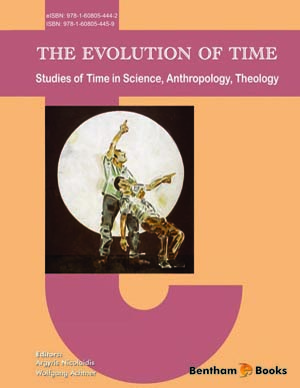Abstract
The original formulation of the (weak) anthropic principle was prompted by a question about objective time at a macroscopic level, namely the age of the universe when “anthropic” observers such as ourselves would be most likely to emerge. Theoretical interpretation of what one observes requires the theory to indicate what is expected, which will commonly depend on where, and particularly when, the observation can be expected to occur. In response to the question of where and when, the original version of the anthropic principle proposed an a priori probability weighting proportional to the number of “anthropic” observers present. More refined versions would adjust this by an anthropic quotient allowing for the relative rate of subjective (sentient) mental processing (which would presumably have been lower in extinct hominids than in modern humans). The present discussion takes up the question of the time unit characterising the biological clock controlling our subjective internal time, using a revised alternative to a line of argument due to Press, who postulated that animal size is limited by the brittleness of bone. On the basis of a static support condition depending on the tensile strength of flesh rather than bone, it is reasoned here that our size should be subject to a limit inversely proportional to the surface gravitation field g, which is itself found to be proportional (with a factor given by the 5/2 power of the fine structure constant) to the gravitational coupling constant. This provides an animal size limit that will in all cases be of the order of a thousandth of the maximum mountain height, which will itself be of the order of a thousandth of the planetary radius. The upshot, via the (strong) anthropic principle, is that the need for brains, and therefore planets, that are large in terms of baryon number may be what explains the weakness of gravity relative to electromagnetism.
Keywords: Biological evolution, anthropic principle, multiverse, gravitational attraction, doomsday scenario, environmental catastrophe, hyperbolic population growth, weakness of flesh, planetary radius, timescale of perception.













